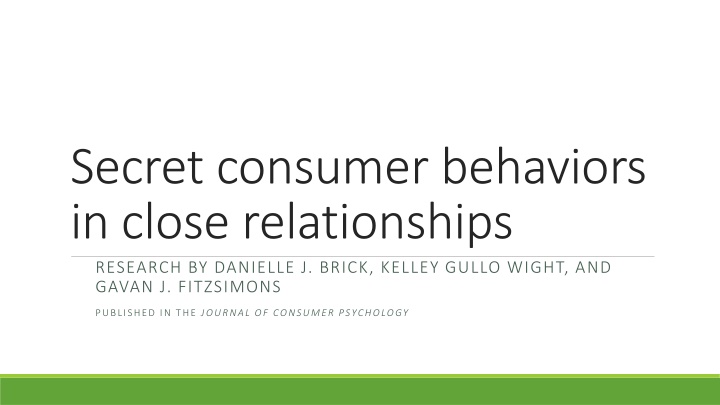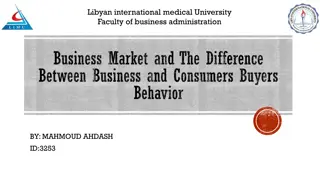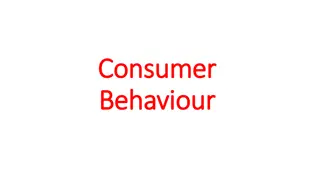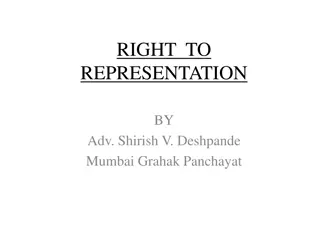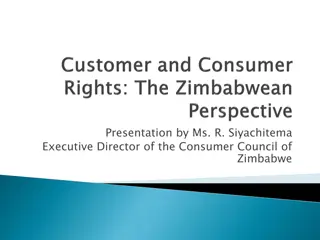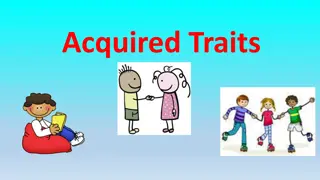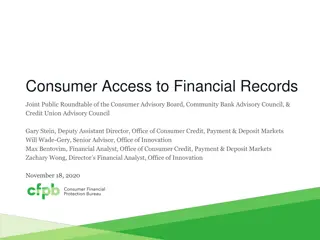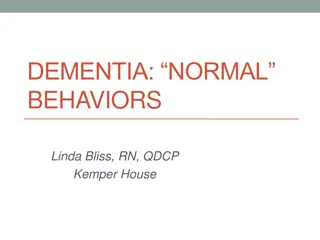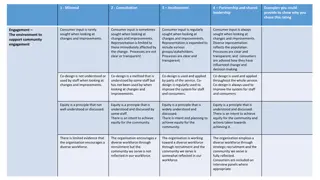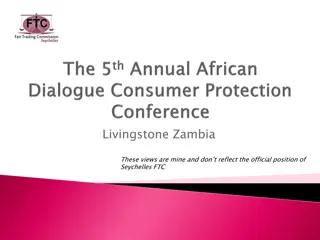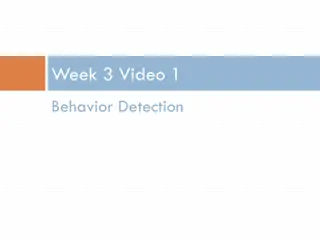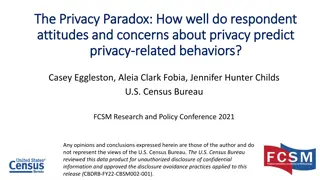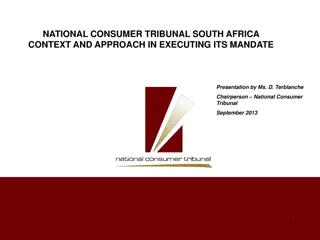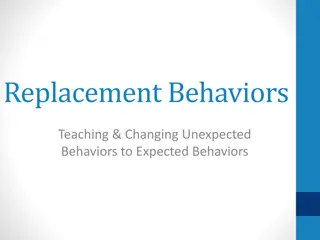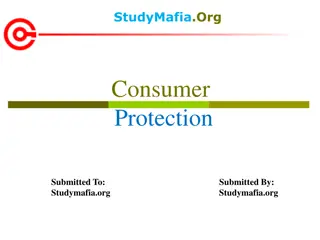Insights into Secret Consumer Behaviors in Close Relationships
Research by Danielle J. Brick, Kelley Gullo Wight, and Gavan J. Fitzsimons sheds light on the prevalence of keeping consumption secrets in close relationships. Findings reveal that individuals often conceal ordinary consumption habits from specific close others, such as romantic partners. The study also explores how intentionally keeping consumption secrets can impact relationships based on three experiments conducted by the researchers.
Download Presentation

Please find below an Image/Link to download the presentation.
The content on the website is provided AS IS for your information and personal use only. It may not be sold, licensed, or shared on other websites without obtaining consent from the author.If you encounter any issues during the download, it is possible that the publisher has removed the file from their server.
You are allowed to download the files provided on this website for personal or commercial use, subject to the condition that they are used lawfully. All files are the property of their respective owners.
The content on the website is provided AS IS for your information and personal use only. It may not be sold, licensed, or shared on other websites without obtaining consent from the author.
E N D
Presentation Transcript
Secret consumer behaviors in close relationships RESEARCH BY DANIELLE J. BRICK, KELLEY GULLO WIGHT, AND GAVAN J. FITZSIMONS PUBLISHED IN THE JOURNAL OF CONSUMER PSYCHOLOGY
Secret consumer behavior Consumers don t always tell others about their consumption. Sometimes they intentionally keep it a secret. Brick, Wight, & Fitzsimons (2022), forthcoming in the Journal of Consumer Psychology
What Whatkind of consumer behaviors do people keep as secrets? ACROSS TWO SURVEYS OF ~300 TOTAL PEOPLE, THE RESEARCHERS FIND THAT: Keeping consumption secrets is common ~90% of people reported a recent consumption secret People tend to keep ordinary, everyday consumption as a secret Examples: fast food, Amazon purchases, video games, hiring maids, etc. They report that the consumption they keep secret is not a big deal and that people wouldn t care about the consumption if the secret was found out In fact, they often report having done the consumption in front of or with others in the past It s not always done in secret Brick, Wight, & Fitzsimons (2022), forthcoming in the Journal of Consumer Psychology
Who Who do people keep their consumption secrets from? IN A SURVEY OF ~100 PEOPLE, THE RESEARCHERS FIND THAT: 70% 59% People tend to keep their secret from a specific close other They tend to not keep their consumption secret from everyone in general And tend to not keep them from acquaintances 60% 50% 40% 30% 21% 15% 20% 3% 10% 1% 1% 0% Romantic Partner Family (e.g., parent, child, sibling etc.) Friend Roommate Acquaintance Everyone Brick, Wight, & Fitzsimons (2022), forthcoming in the Journal of Consumer Psychology
How How does keeping consumption secrets affect the relationship? TO ANSWER THIS QUESTION, THE RESEARCHERS CONDUCTED THREE EXPERIMENTS: In all experiments, half the participants imagined intentionallykeeping a consumption secret from their romantic partner The other half of participants served as the comparison group, so they imagined not keeping a consumption secret by: Experiment 1: telling their partner about the consumption Experiment 2: forgetting to tell their partner (as opposed to intentionally keeping a secret) Experiment 3: not engaging in the consumption at all In experiment 1, participants described what they would purchase online as the focal consumption In experiments 2 and 3, participants described what they would order from a coffee shop as the focal consumption Brick, Wight, & Fitzsimons (2022), forthcoming in the Journal of Consumer Psychology
How How does keeping consumption secrets affect the relationship? ACROSS THE THREE EXPERIMENTS OF ~1000 TOTAL PEOPLE, THE RESEARCHERS FIND THAT: Secret-Keepers slightly guilty for keeping a secret from a close other They feel this way even though they don t think the other person would care In experiments 1 and 3, participants were given 15 raffle tickets to distribute across two real raffles. Secret- keepers were more likely to invest more raffle tickets into a raffle with a Date Box prize. Guilt has a strong psychological effect: it makes secret-keepers want to make it up to their relationship partner In experiment 2, secret- keepers were more willing to invest time into their relationship by watching their partner s favorite movie together instead of spending time doing what they wanted to do. As a result, secret-keepers invest more time and money into their relationship after keeping a consumption secret Brick, Wight, & Fitzsimons (2022), forthcoming in the Journal of Consumer Psychology
Takeaways and Implications FOR CONSUMERS: FOR MARKETERS: Marketers should include questions about secret consumption in their market research to more fully understand the behavior of their consumers Secret consumption is a very common consumption contextfor many products and services Small, everyday consumption secrets can be beneficial for your relationships Of course, this doesn t mean that all secrets are good. Lots of research shows that big secrets lead to bad psychological and relationship outcomes. Marketers can encourage secret consumption without risk to word of mouth People tend to not keep their consumption secret from a specific other, and not from everyone in general People tend to do the consumption in secret only sometimes. Other times it s not a secret. Your secret chocolate stash may be helping your relationships!
Author Contact Information DR. DANIELLE J. BRICK, PH.D. (DANIELLE.BRICK@UCONN.EDU) DR. KELLEY GULLO WIGHT, PH.D. (KGULLO@IU.EDU) DR. GAVAN J. FITZSIMONS, PH.D. (GAVAN@DUKE.EDU)
